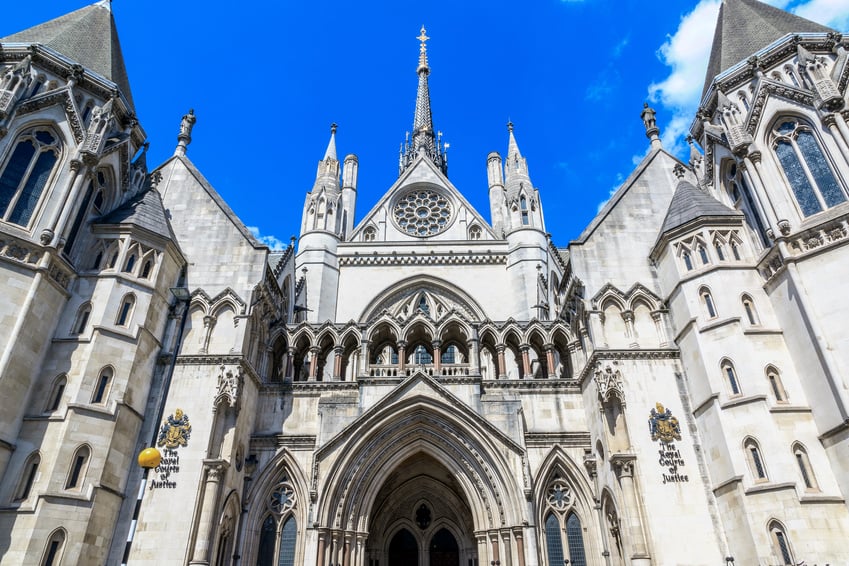COVID-19 represents one of the greatest ever shocks to our economies and, in consequence, to the business models of financial institutions and the way they do business. While many changes to business processes and operations were already taking place prior to the pandemic, COVID-19 has given many added impetus and…
Join Baker McKenzie regulatory and enforcement practitioners as we navigate this uncertain time and work together through the challenges ahead. We offer practical advice and real-time analysis of the changing landscape across the United States, Europe and Asia. Webinar Series: The New Framework for Investment Adviser Marketing In this 4-part…
COVID-19 represents one of the greatest ever shocks to our economies and, in consequence, to the business models of financial institutions and the way they do business. While many changes to business processes and operations were already taking place prior to the pandemic, COVID-19 has given many added impetus and…
Baker McKenzie’s Government Enforcement Practice Group would like to wish you a Happy New Year. We have all taken some time off for the holidays, and a lot has happened in the interim. Perhaps most significantly, Congress passed, over President Trump’s veto, the National Defense Authorization Act for Fiscal Year 2021 (NDAA). The most ballyhooed aspect of the NDAA, from a white-collar criminal law standpoint, has been the de facto elimination of anonymous shell companies — The Corporate Transparency Act, which is discussed below. However, the NDAA also included a number of other key provisions buried in the text, which are certain to assist the Government in its prosecution of white collar crime as well as increase compliance obligations on businesses. We have put together this note to clients and friends for the purpose of quickly updating you on these developments in a single document.
Baker McKenzie’s Government Enforcement Practice Group would like to wish you a Happy New Year. We have all taken some time off for the holidays, and a lot has happened in the interim. Perhaps most significantly, Congress passed, over President Trump’s veto, the National Defense Authorization Act for Fiscal Year 2021 (NDAA). The most ballyhooed aspect of the NDAA, from a white-collar criminal law standpoint, has been the de facto elimination of anonymous shell companies — The Corporate Transparency Act, which is discussed below. However, the NDAA also included a number of other key provisions buried in the text, which are certain to assist the Government in its prosecution of white collar crime as well as increase compliance obligations on businesses. We have put together this note to clients and friends for the purpose of quickly updating you on these developments in a single document.
COVID-19 represents one of the greatest ever shocks to our economies and, in consequence, to the business models of financial institutions and the way they do business. While many changes to business processes and operations were already taking place prior to the pandemic, COVID-19 has given many added impetus and…
A series of briefings that take a “bite-size” look at international trends in different jurisdictions, drawing on Baker McKenzie’s expert financial services practitioners.
COVID-19 represents one of the greatest ever shocks to our economies and, in consequence, to the business models of financial institutions and the way they do business. While many changes to business processes and operations were already taking place prior to the pandemic, COVID-19 has given many added impetus and…
COVID-19 was officially declared a pandemic in the U.S. on March 13. Yet, even now, as we are over six months into the crisis, employers still continue to face challenges when navigating the sometimes daily changes in health and safety orders, updates from federal agencies, court decisions, and the proliferation of lawsuits.
COVID-19 represents one of the greatest ever shocks to our economies and, in consequence, to the business models of financial institutions and the way they do business. While many changes to business processes and operations were already taking place prior to the pandemic, COVID-19 has given many added impetus and…








